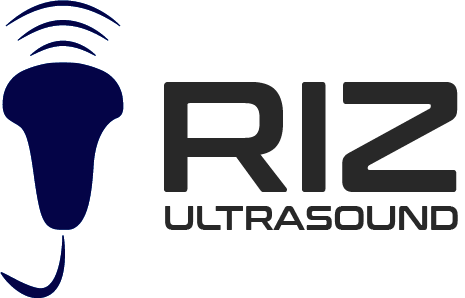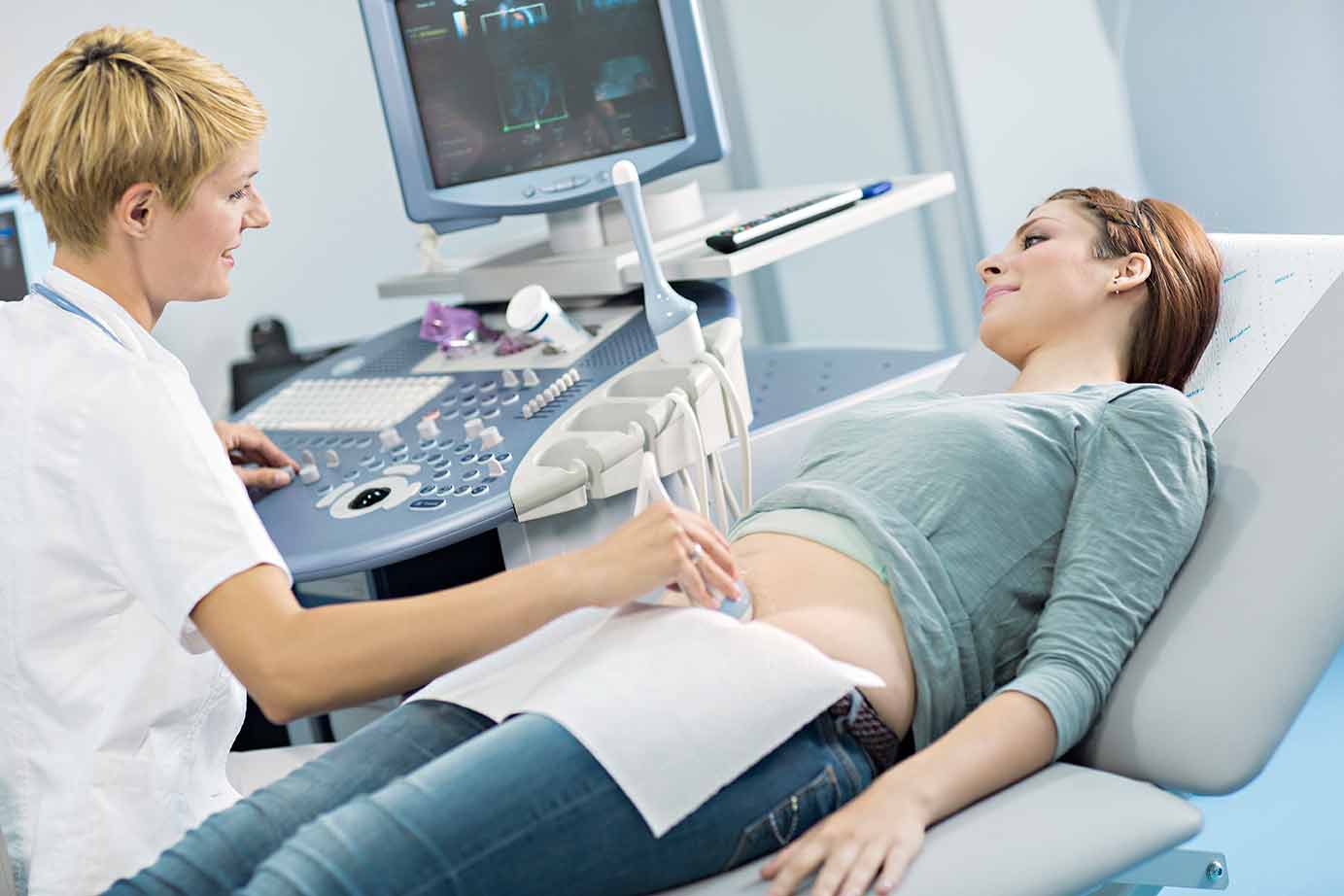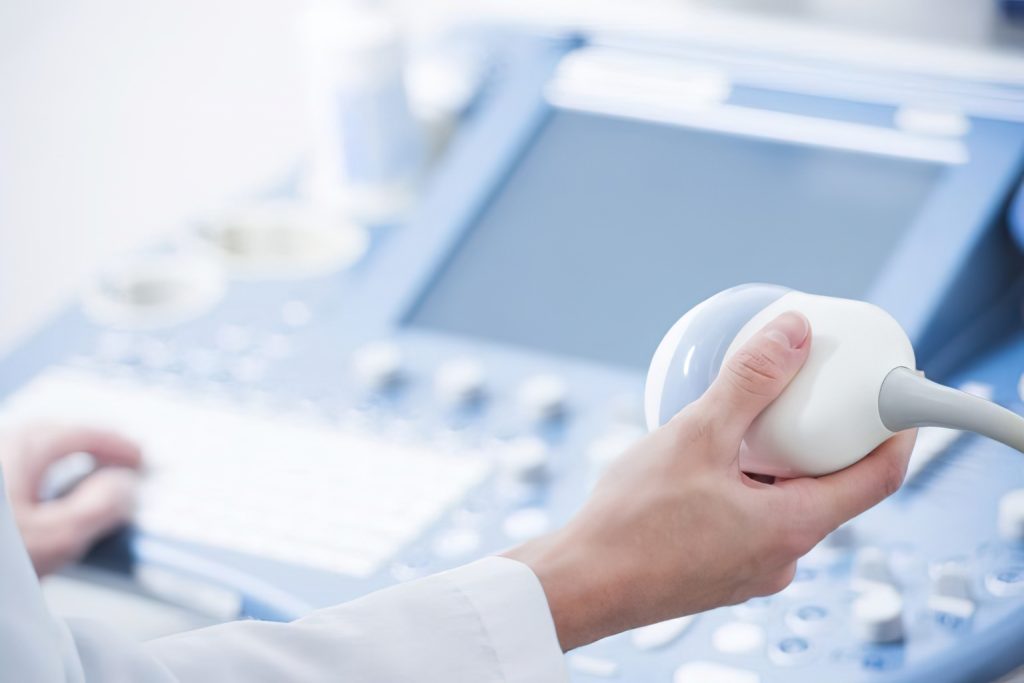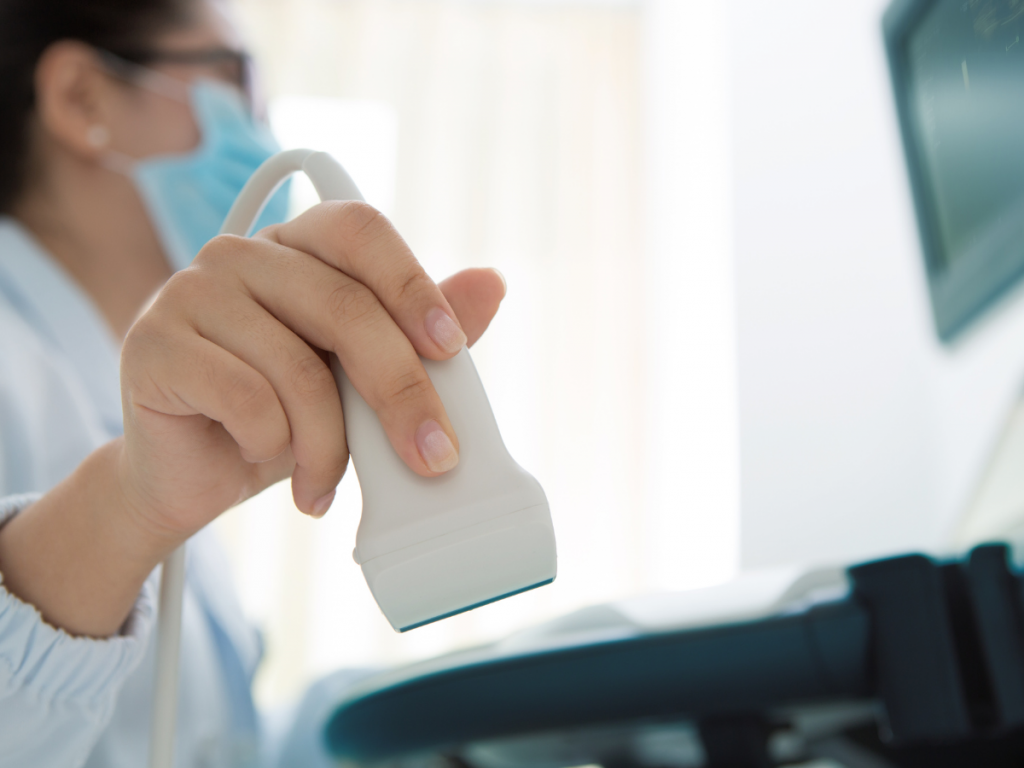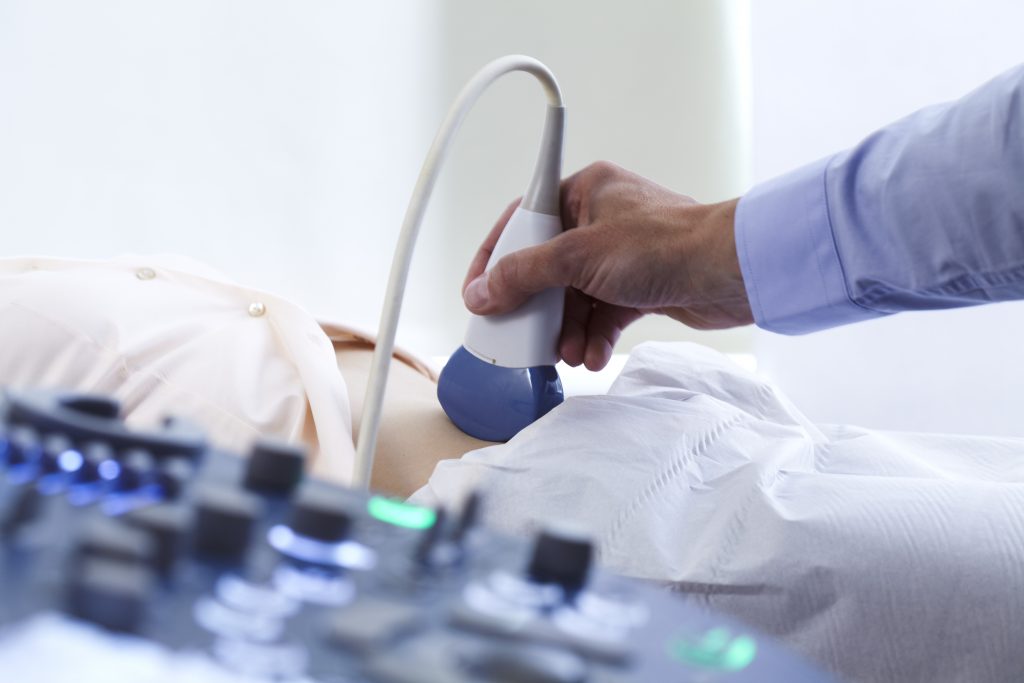A quality life is important, which is possible when your body functions properly. But many health conditions or diseases can affect the quality of your life, like Hernia. It develops when an organ or fatty tissue bulges through a weak spot in the muscle wall. Most of the hernias occur in your abdomen between the hips and chest. But it can also develop in the groin areas and upper thigh. They may cause severe pain and serious discomfort. But the question is how you can deal with this condition.
A hernia ultrasound can help to detect if it occurs inside your abdomen.
This article will help you learn how you can diagnose it.
What are the Symptoms or Signs of Hernia?
It is crucial to learn about the signs and symptoms of hernia. Learning about signs helps to get the treatment at the right time. The signs and symptoms are:
- Bloating
- Racing heart rate
- Nausea
- Vomiting
- The appearance of a painful bulge when you lay down
- Fever
- Pain that gets worse over time
But different types of Hernia can bring on different signs and symptoms. Let’s explore more about this condition.
What are the Types of Hernia?
There are many types of hernia but we will learn about the most common types that occur.
Hiatal Hernia
When a part of the stomach bulges up through the diaphragm into your chest cavity, it leads to a hiatal hernia. A diaphragm is a sheet of muscle that helps you breathe by contracting and drawing air into the lungs. It happens due to weak surrounding tissues. Some unhealthy lifestyle choices can cause this condition, such as smoking and extra fat or obesity. One of the most common causes of hiatal hernia is gastroesophageal reflux disease, (GERD). It makes you feel a burning sensation in your stomach.
People over 50 can develop this type of hernia. But it can also occur in kids which is caused by congenital birth irregularity.
Ventral Hernia
When a weak opening in the abdomen allows abdominal tissue or other organs to bulge through the cavity muscle area. When you lie down, the ventral hernia will be decreased in size. Experts share that ventral hernia can be present at your birth time but can develop at any period of your lifetime. It can occur due to pregnancy, strenuous activity, and obesity. After an incision surgery, ventral hernias can occur which are also known as incisional hernias.
Inguinal Hernia
One of the most common hernias is inguinal hernias. Aging and increased pressure within the abdominal cavity can cause inguinal hernias, according to NCBI. In women, inguinal hernias occur on the ligament that holds the uterus in place. Some unhealthy lifestyle choices can also put you at high risk of developing inguinal hernias. Men are more likely to develop inguinal hernias as compared to women.
Umbilical Hernia
Not in adults, but umbilical hernias occur in babies and kids. They occur when the intestines protrude through the abdomen walls, near the belly button. Parents should not avoid it if they see a bulge near the belly of their kids. It can cause pain and make them cry.
What are the Main Causes of Hernias?
A combination of muscle strain and weakness can lead to hernias. It depends on the causing factor of hernias and how much time it takes to develop. But the question is what weakens your muscles that can lead to hernias. Here, the following causes can help you learn how they occur:
- Unhealthy weight or obesity
- Lifting heavy weights or heavy workouts
- Aging
- A birth-time condition, like congenital that develops inside the womb
- Having chronic chough or Chronic Pulmonary Disorder (COPD)
- Ascites
- Having multiple pregnancies
- Damage from surgery or injury
- Chronic constipation
What are the Risk Factors of Hernias?
You are more likely to develop hernias if you have the following conditions:
- Older
- Chronic cough that increases pressure on abdominal walls
- Unhealthy weight or obesity
- Chronic Constipation
- Premature birth or underweight during birthtime
- Having multiple pregnancies
- Unhealthy lifestyle choices, like smoking
- If it runs in family
RIZ Ultrasound helps to Diagnose Hernia…
If you are living in Glasgow, it is easy to find the best clinics. RIZ Ultrasound the best Private Hernia Ultrasound Service in Glasgow also helps to diagnose certain conditions and diseases using advanced technology. Our qualified technicians perform a detailed Hernia Ultrasound to find out the causing factor and its right location. If you have been experiencing signs and symptoms that refer to hernias, you should make a quick appointment for a scan.
